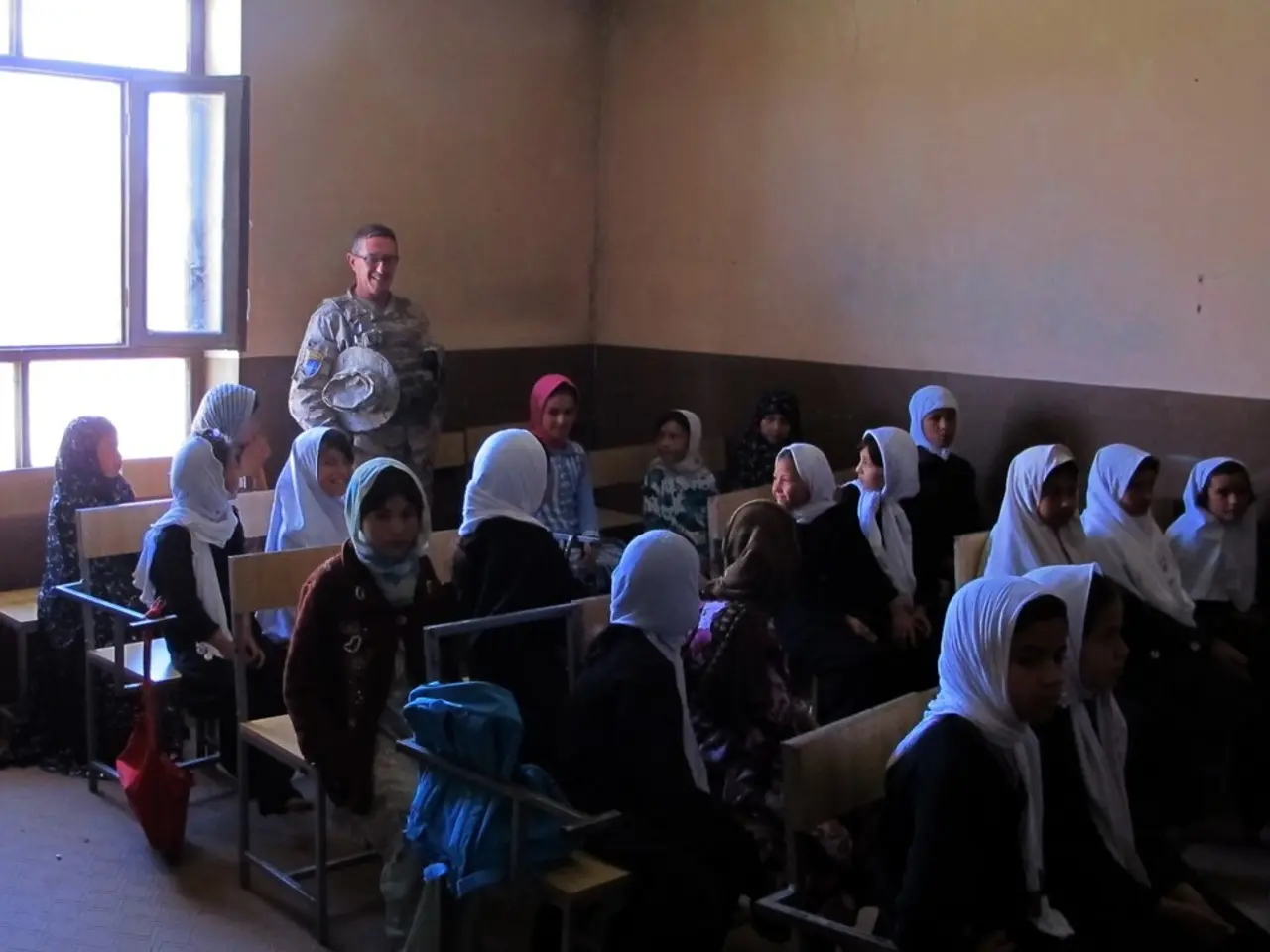IB Predicted Grades for Early University Applications: A Comprehensive Overview
Predicted grades play a significant role in university applications for students pursuing the International Baccalaureate (IB) Diploma Programme. These estimates, provided by IB teachers, help universities assess a student's academic potential and readiness for rigorous university-level programmes.
Predicted Grades Vary Across Schools and Countries
Universities understand that predicted grades can differ across schools and countries. However, they are based on a student's academic performance, including internal assessments, mock exams, class participation, and coursework.
The Submission Process
The process for submitting IB predicted grades to universities varies by country but generally follows a similar pattern. Teachers estimate predicted grades based on academic performance, submit these to the IB school coordinator, who then forwards the predictions to universities or includes them in official reference letters.
Country-specific Overview
- In the United Kingdom, teachers submit predicted grades to school coordinators, who send them to universities, often included with reference letters. Final predicted grades are typically sent between September and October to meet UCAS deadlines, especially for Oxbridge and Medicine (mid-October) and later January deadlines.
- In the United States, predicted grades are submitted by the school coordinator to universities, often as part of the application package. Predicted grades are finalized around September-October to align with Early Decision deadlines (usually November).
- In Canada, predicted grades provided by teachers and forwarded by the IB coordinator to Canadian universities as part of admissions. Submission timelines are aligned with Canadian university deadlines, often around fall; the IB diploma is widely accepted.
- In Australia, schools submit predicted grades to universities, typically coordinated centrally by IB school officials for admissions use. Aligns with Australian university application windows, usually in the latter part of the year before final exams.
Impact on University Admissions
Predicted grades are used primarily for university admissions to offer conditional acceptance before final IB exam results are available. After final IB results are published (early July), universities verify if offer conditions are met; admissions confirmations are then sent (for UK via UCAS, for US and other countries via direct communication).
Importance for Scholarship Opportunities
Some merit-based scholarships consider predicted academic performance in their criteria. Therefore, students should strive to maximize their predicted grades by focusing on excelling in internal assessments, mock exams, class participation, and coursework.
Meeting Conditions for Strict Programmes
For strict programmes (e.g., Medicine, Engineering), meeting predicted grades is often essential. Students applying to such programmes should ensure they meet these predicted grades to increase their chances of acceptance.
Eligibility for Holistic Admission Universities
Even if predicted grades are lower than university entry requirements, students can still apply to holistic admissions universities. Strong essays, references, and extracurriculars can make a difference in these cases.
Final Transcripts and Confirmations
Offers are confirmed only if final grades match or exceed predicted expectations after IB results are released. Many top universities issue conditional offers based on these predictions.
In summary, IB teachers predict grades early in the final Diploma Programme year, school coordinators submit these to universities per the specific deadlines of each country, and predicted grades form part of the conditional offer process prior to final IB exam results. This model is consistent across major systems like the UK, US, Canada, and Australia, with timing adjusted to fit regional admission cycles.
Education-and-self-development, such as online-education platforms or mock exams, can assist students in preparing for the IB Diploma Programme and potentially improving their predicted grades, which play a significant role in university applications.
IB predicted grades are not solely based on a student's performance in traditional exams but also consider internal assessments, class participation, and coursework, which make learning through various resources essential.




